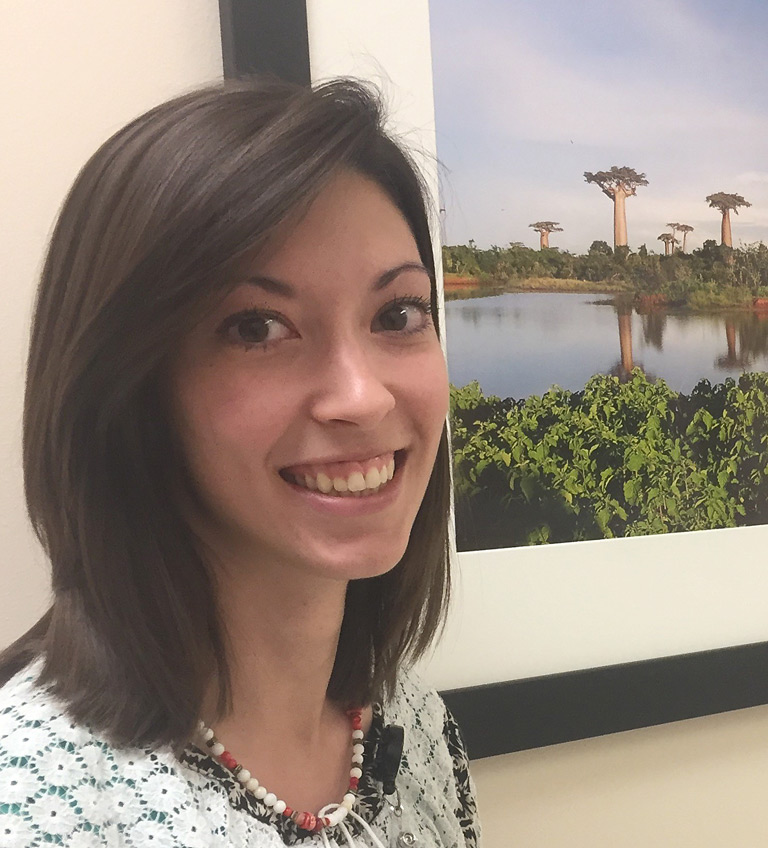See also Genetic Counseling: A Growing Medical Field
The U.S. national average job growth across all employment categories was 7% in 2019. For genetic counselors, that number is expected to be 29% between 2016 and 2026, according to the U.S. Bureau of Labor.

“There are not enough genetic counselors in the country. So many people want genetic testing and we can’t provide it for them,” said McCall Larson, a genetic counselor at Utah Valley Regional Medical Center in Provo.
Larson received her undergraduate degree in molecular biology from Brigham Young University and her master’s in genetic counseling from the University of Utah. Her two-year training had Larson taking courses in subjects like genetics, cardiology, cancer genetics and pediatrics. Students are also required to take a few counseling courses, though the training is genetics-heavy.
“Genetic counseling is one of the few medical professions that includes extensive training both in the science and the psycho-social impact of healthcare on our patient community,” says an FAQ found on the National Society of Genetic Counselors’ website.
Genetic counselors must obtain a master’s degree from an accredited genetic counseling program. According to the Accreditation Council for Genetic Counseling, there are 47 accredited programs in the U.S.

Many of these programs require three to four letters of recommendation, GRE scores, a personal statement, counseling or crisis intervention experience and time spent shadowing a genetic counselor, the NSGC website says.
Graduates of accredited programs must pass the American Board of Genetic Counseling national certification exam. Most jobs want board-certified counselors, said Kyle W. Davis, a licensed genetic counselor who works in neurology at Lineagen, a diagnostic center in Salt Lake City.
Genetic counselors can find jobs in hospitals, like Larson, and doctor’s offices, insurance companies, research studies and genetic testing centers, like Davis.
Davis helps educate providers who order Lineagen’s testing. “I answer questions like, ‘what does our testing do and not do, who is it intended for and what is the strategy for testing,’” he said.
He also communicates with the patients of the doctors who order genetic testing for their patients.
Davis said a factor in the lack of practicing genetic counselors could be the lack of spots in clinics and hospitals, which limits the number of students who can gain the necessary clinical experience to graduate.




